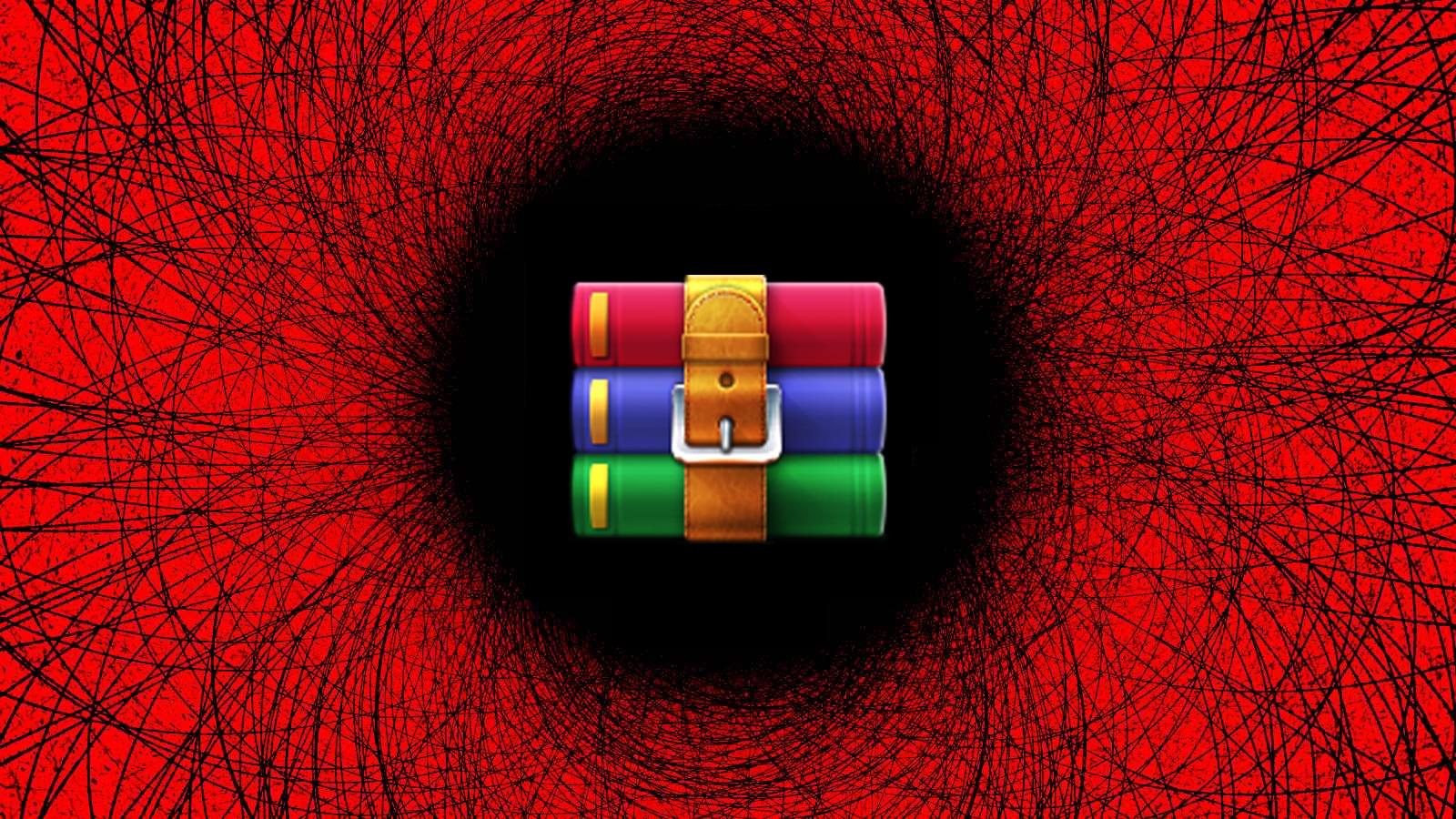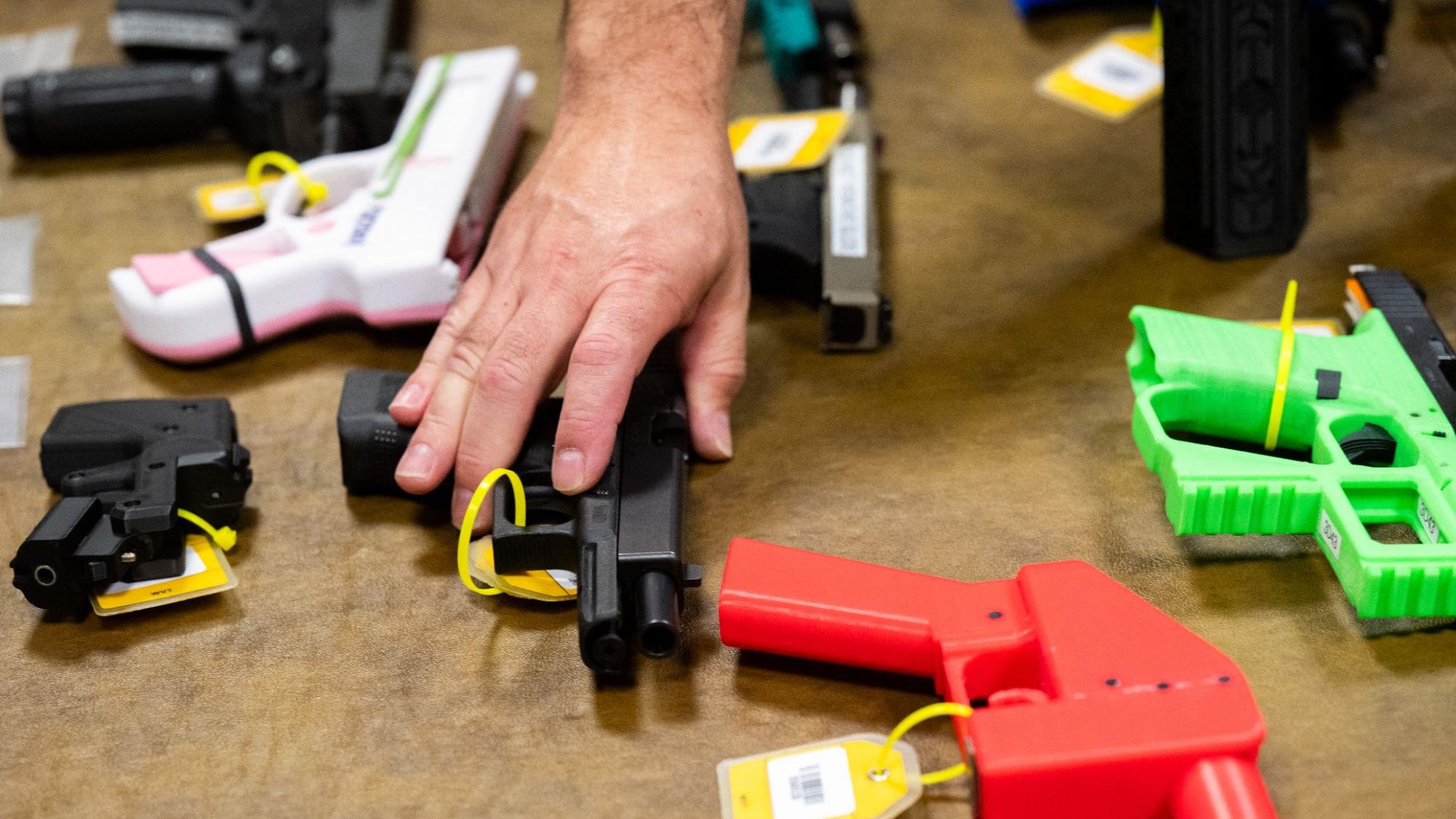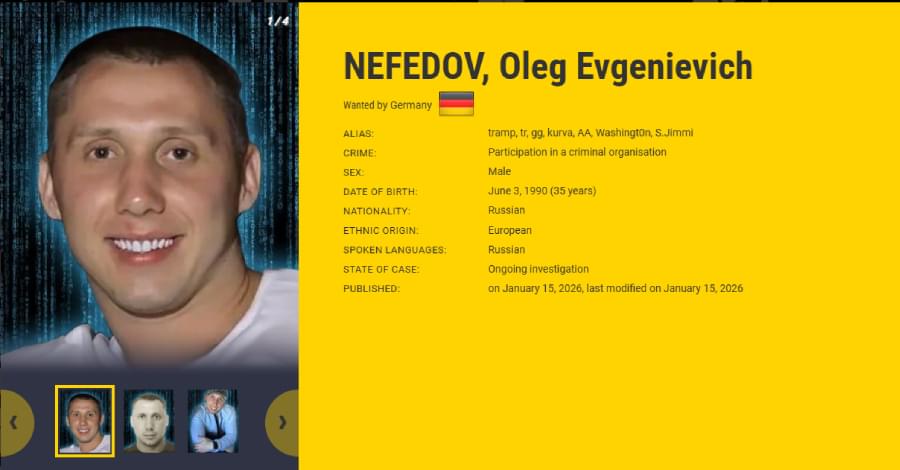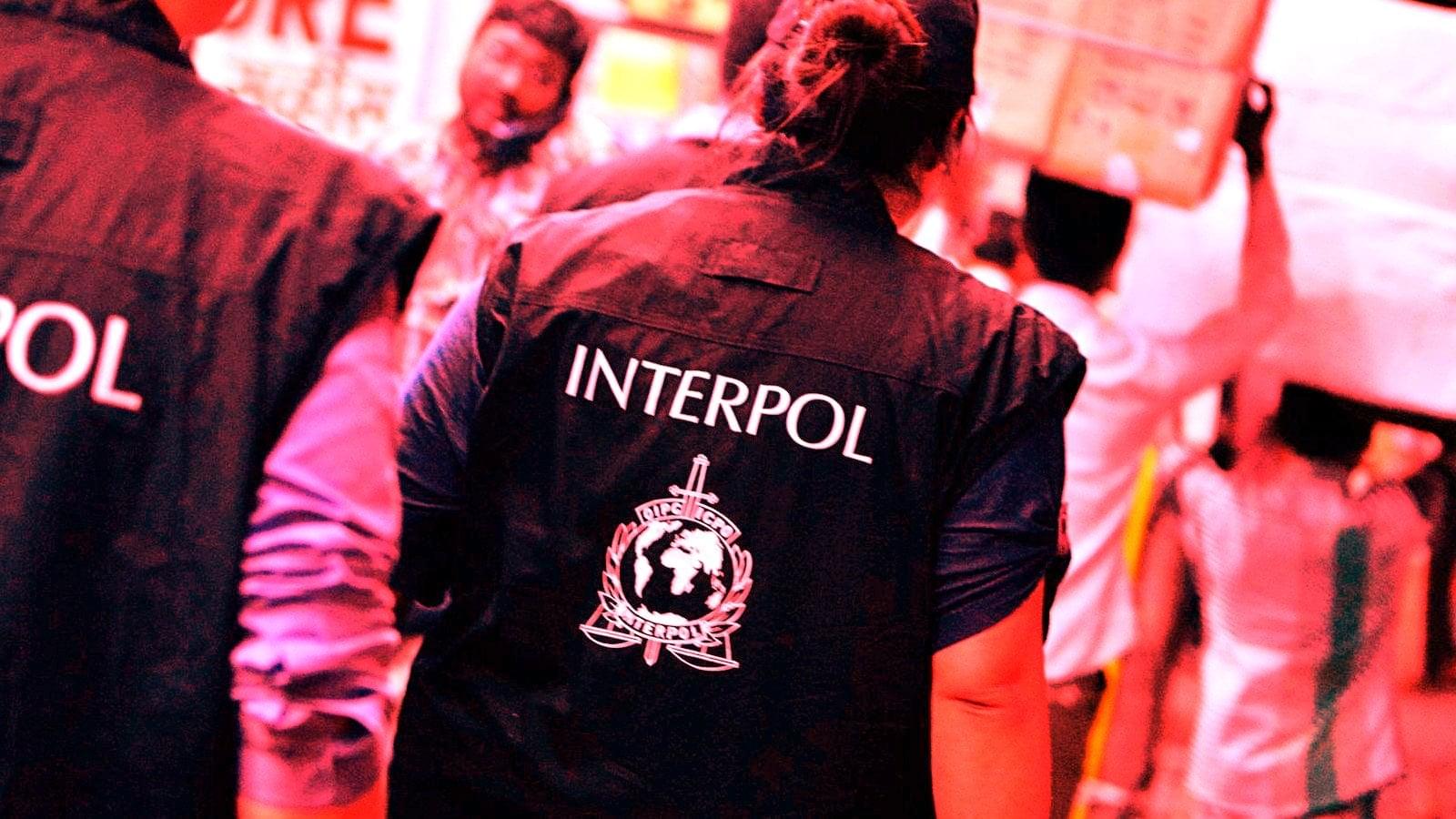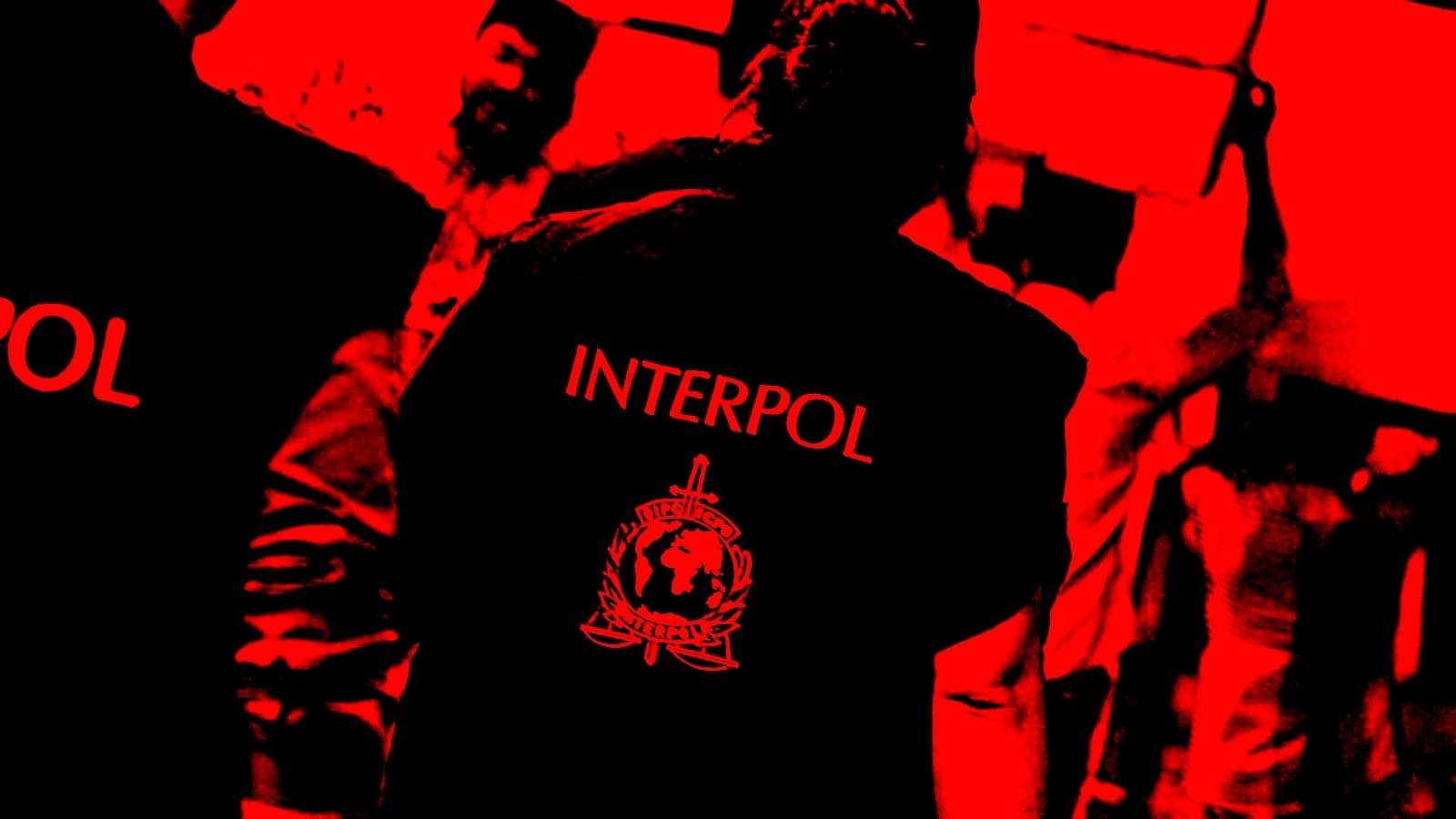After 48 hours of abstinence, 43% of 190 cannabis users still exceeded zero-tolerance THC limits, with 24% above 2 ng/mL and 5.3% above 5 ng/mL.
How does cannabis THC impact driver impairment and DUI laws? This is what a recent study published in Clinical Chemistry hopes to address as a team of researchers investigated current cannabis DUI laws and whether they are effective in identifying impaired drivers from cannabis use. This study has the potential to help researchers, law enforcement, medical professionals, and the public better understand cannabis DUI laws and whether they should be adjusted to accurately depict and identify impaired drivers.
For the study, the researchers analyzed data obtained from 190 cannabis users to evaluate baseline THC concentrations after 48 hours and whether they exceeded the current legal limits of THC concentrations. These limits include 2 or 5 ng/mL of THC in several states while some states have zero-tolerance policies. The participants were instructed to abstain from cannabis use for 48 hours to be evaluated for their THC levels. In the end, the researchers found that 43 percent of the participants exceeded zero-tolerance levels after 48 hours of abstaining from cannabis while 24 percent had baseline THC levels more that 2 ng/mL and 5.3 percent has greater than 5 ng/mL.
The study concluded, “More work needs to be done to address how to best identify drivers who are under the influence of cannabis and are unsafe to drive. A brief editorial highlights many of the challenges faced when developing a reliable test of cannabis impairment. At present, the best protocol is a combination of observations in the field and toxicology testing. We recognize that the current state of the art is lacking and have made recommendations on pathways for improvement. We feel that an essential component of improving highway safety is collaborations between law enforcement and the scientific community to develop standards that are unbiased and potentially lifesaving.”
